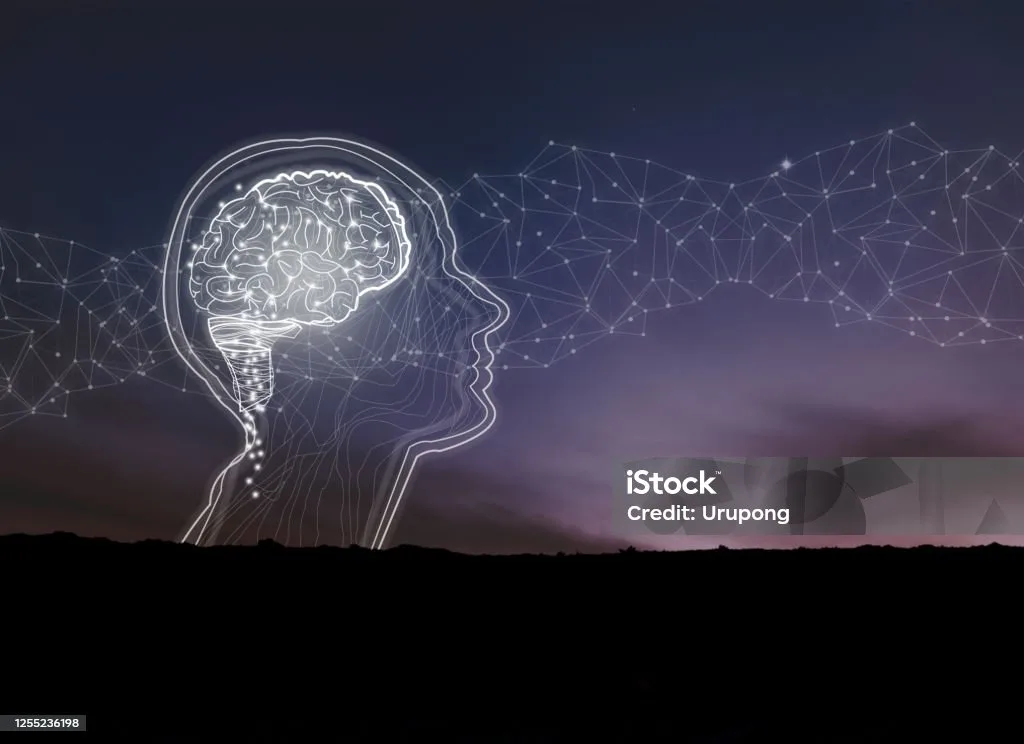The COVID-19 pandemic has affected millions of people worldwide, not just physically but also mentally. While the virus primarily attacks the respiratory system, studies have shown that it can also have long-term effects on the brain. In fact, recent research has suggested a link between COVID-19 and accelerated brain aging. In this article, we will explore this connection and its potential impact on cognitive function.
Table of Contents
The Effects of COVID-19 on the Brain
While it is primarily known for its respiratory symptoms, it can also cause neurological symptoms such as headaches, dizziness, and loss of smell and taste. In severe cases, the virus can lead to encephalitis, an inflammation of the brain that can cause seizures, confusion, and even death. Additionally, studies have shown that it can cause damage to the blood vessels in the brain, leading to strokes and other neurological complications.

Accelerated Brain Aging
Recent studies have suggested that it may also accelerate brain aging. This is due to the virus’s ability to cause inflammation and damage to the brain, similar to the effects of aging. This can lead to a decrease in cognitive function, memory loss, and even dementia. In fact, a study published in the Journal of Alzheimer’s Disease found that COVID-19 patients had a higher risk of developing dementia compared to those who did not contract the virus.
COVID Brain Fog
One of the most common long-term effects of COVID-19 is brain fog, a condition characterized by difficulty concentrating, memory problems, and a general feeling of mental fatigue. This can be attributed to the virus’s impact on the brain, as well as the psychological stress and anxiety caused by the pandemic. Brain fog can significantly impact daily life and hinder cognitive function, making it difficult to perform tasks and make decisions.
The Impact on Cognitive Function

The link between COVID-19 and accelerated brain aging has raised concerns about the long-term impact on cognitive function. As the virus continues to affect millions of people, there is a growing concern that it could lead to a rise in cognitive decline and dementia cases in the future. This could have a significant impact on the aging population, as well as the overall healthcare system.
What Can Be Done?
While the long-term effects of COVID-19 on the brain are still being studied, there are steps that can be taken to mitigate the potential impact. This includes following safety protocols to prevent the spread of the virus, seeking medical attention if experiencing neurological symptoms, and engaging in activities that promote brain health, such as exercise and cognitive exercises. It is also essential to prioritize mental health and seek support if experiencing brain fog or other mental health issues.
Facts about the effects of COVID-19 on brain aging
1. Accelerated Aging Markers: Studies have shown that severe COVID-19 infections can leave molecular signatures in the brain resembling those found in older individuals. This suggests a potential “acceleration” of certain aging processes in the brain.
2. Cognitive Decline: Research indicates that people who experienced severe COVID-19 can exhibit declines in cognitive performance, including memory, attention, and executive function. The extent of this decline can be significant, comparable to several years of natural aging.
3. Inflammation and Stress: The neuroinflammatory response triggered by COVID-19 is suspected to play a key role in these brain changes. This inflammation could damage brain cells and disrupt crucial neural connections.
4. Individual Variability: Not everyone who experiences it will exhibit the same effects on brain aging. Age, pre-existing health conditions, and the severity of infection all seem to influence the impact on cognitive function.
5. Potential for Recovery: The good news is that some studies suggest that the brain has a remarkable capacity for plasticity and repair. Early intervention and cognitive training programs might help mitigate the cognitive decline associated with COVID-19, offering hope for recovery.
6. Ongoing Research: The impact of COVID-19 on brain aging is an actively researched area, with much still to be understood. Further studies are needed to determine the long-term consequences and identify effective interventions for mitigating potential cognitive decline.
Conclusion
The link between COVID-19 and accelerated brain aging is a concerning development that highlights the importance of taking care of our physical and mental health during this pandemic. As more research is conducted, it is crucial to stay informed and take necessary precautions to protect ourselves and our loved ones. By understanding the potential impact of COVID-19 on the brain, we can take steps to mitigate its effects and promote overall brain health.
For Further reading, kindly refer to this link
For information on COLORECTAL CANCER use this link

2 thoughts on “Hope and Caution: Demystifying the Uncertainties of COVID-19 and Brain Aging”